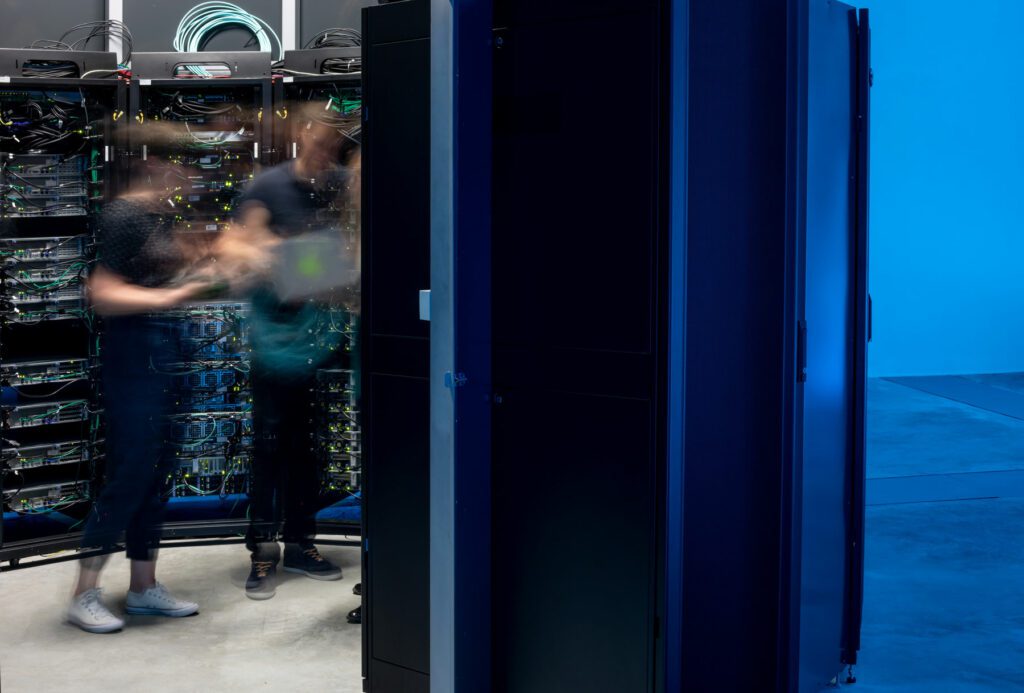Author
You may recall in our previous article, we discussed why having a Generative Artificial Intelligence (“GenAI’) workplace policy was sensible. We’ve also produced a detailed article looking at the employment and data protection risks associated with the use of GenAI in the workplace. Given the speed at which GenAI is evolving (and being deployed), organisations that fail to acknowledge the impact it may have on their business risk being left behind and exposed to significant risk.
A recent survey conducted by Deloitte found that more than four million people in the UK have used GenAI for work. Further, a survey by LexisNexis found that 70% of legal professionals either use or plan to use GenAI for personal purposes, with 68% saying they either use or plan on using GenAI for work. It is therefore naïve to think that staff are not using GenAI to help them at work. And if GenAI is being used at work, then appropriate guidelines need to be in place to manage the associated risks.
It is of course sensible for organisations to undertake a review and audit of how their workforce is using GenAI – in terms of which applications, the frequency and the purpose – to get a better idea of the scale and type of use. This will help inform an employer’s approach to GenAI and identify the safeguards that it will need to put in place.
To help businesses manage the use of GenAI at work, we’ve produced two workplace policies on the topic. One is a more detailed policy which is suitable for organisations that will permit the use of GenAI in the workplace. The policy covers the use of GenAI at work, including permitted use limitations, guidelines on issues like data protection, discrimination, security of information and transparency, the monitoring/recording of when GenAI is used, as well as the consequences of breaching the policy. For those organisations that will prohibit the use of GenAI in the workplace, we have produced a shorter policy setting out practical measures to prevent the use of GenAI in the workplace, the reasons why GenAI is not permitted, rules around the personal use of GenAI and information on how any breaches of the policy will be dealt with.
It is important that organisations properly consider their approach to GenAI, and introduce policies to govern its use, so that they can maximise the benefits offered by GenAI whilst managing the risks.
If you’re interested in introducing a GenAI policy, or want to find out more about this topic, please contact Robert Forsyth.
Print article

